At BlueCross, we recognize health and wellness as a priority for every single one of our members throughout the year. But we also understand there are unique communities with distinct health care needs and challenges, and that access to care for all communities isn’t consistent.
Here, some of our employees share how they how help our members navigate and overcome heath care disparities, as well as what Black health and wellness means to them on a personal level.
Leyda Aguillon, bio-statistical research scientist
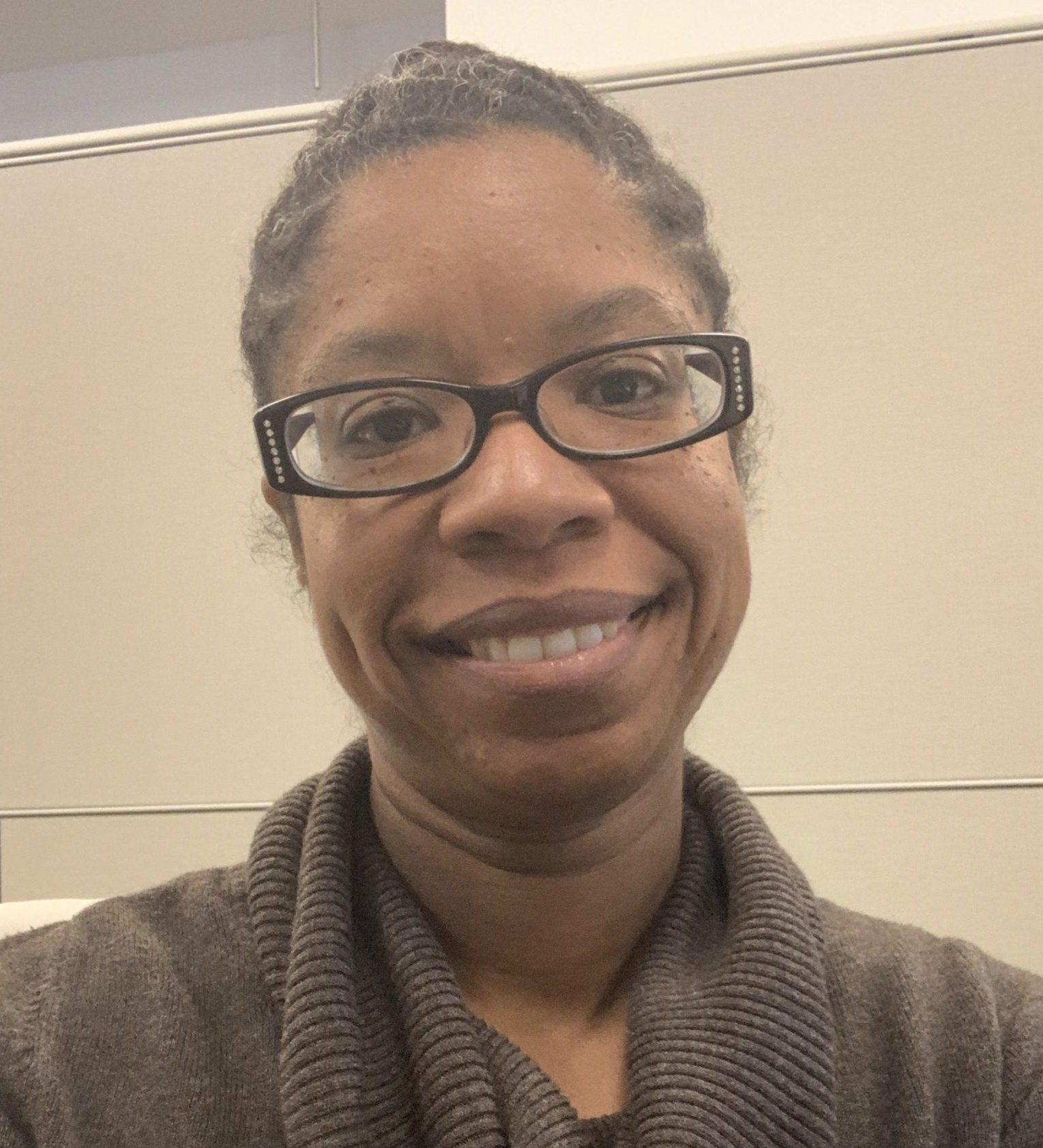
“Health and wellness are extremely important for everyone, but they’re especially important for the Black community as we continue to have the highest mortality rates for most chronic conditions,” explains Leyda, a scientist who’s been involved in health equity at BlueCross since she joined the company in 2005. “This is a result of persistent inequalities in social determinants of health, as well as a delay in seeking care and lack of preventive care.”
Leyda’s analysis helps identify potential health care disparities based on prevalence rates, utilization, compliance measures, and social vulnerability factors. She also helps brainstorm ways to tackle these health care gaps.
Many people tend to focus on physical health, but mental and emotional health is also a big part of wellness — and Leyda says that’s an area where the Black community is at a disadvantage.
“There’s still a bit of a stigma attached to seeking help from a mental health professional, so a lot of Black people struggle with these issues in silence,” she adds.
“I’m glad to see efforts to de-stigmatize mental health in the last couple of years and hope they resonate in the Black community.”
Jackie Ross-Smith, LMSW, ECF support coordinator supervisor
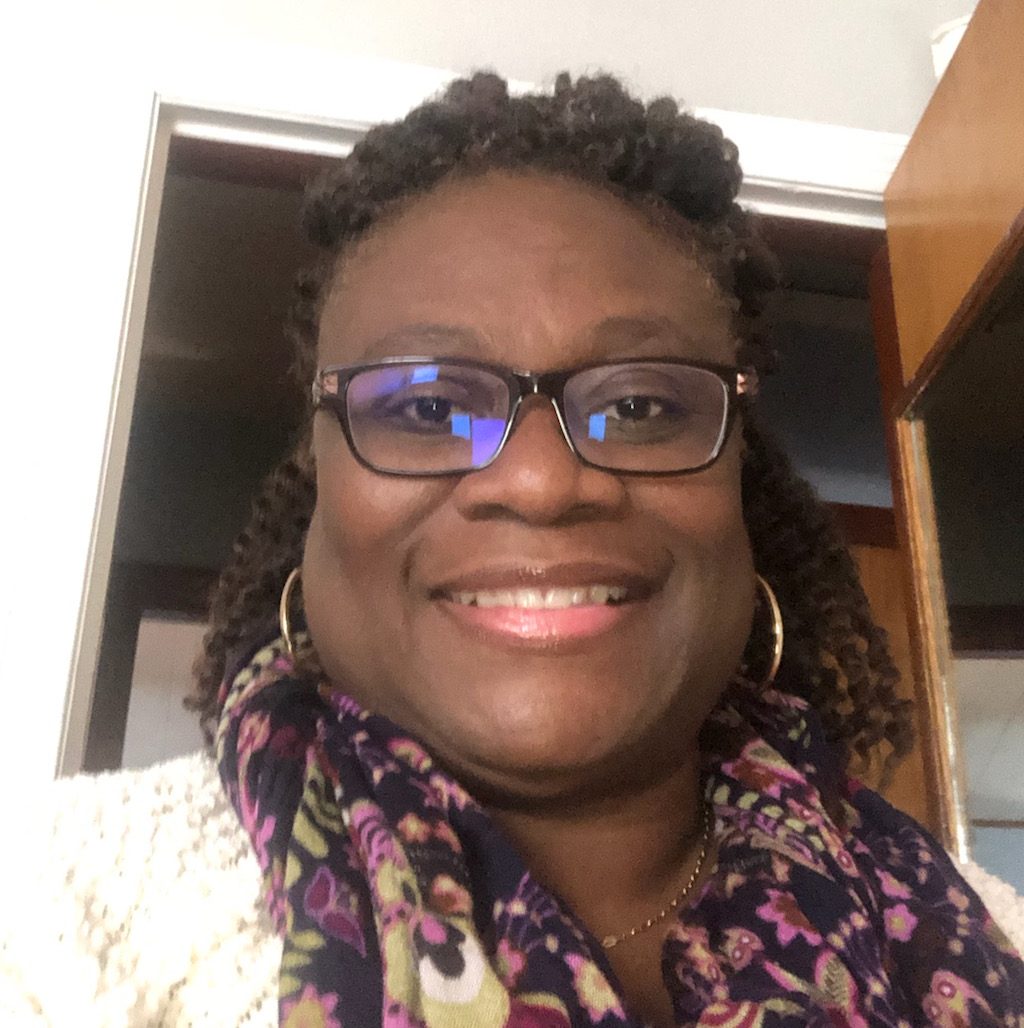
“Black health and wellness means having access to medical professionals and facilities to address unique needs and challenges,” says Jackie, a licensed master social worker.
Jackie is an Employment and Community First (ECF) support coordinator supervisor who’s worked at BlueCross for nearly 12 years. It’s no surprise that she stresses the need for a support system to help manage your health.
“Having a network of people — spiritual leaders, family, friends, co-workers, and medical professionals — that you can talk to, relate to, and share any emotional feelings and problems with, is a must for overall health and well-being,” she says.
Tykisha Sanders, LCSW, CCM, BH supervisor clinical management
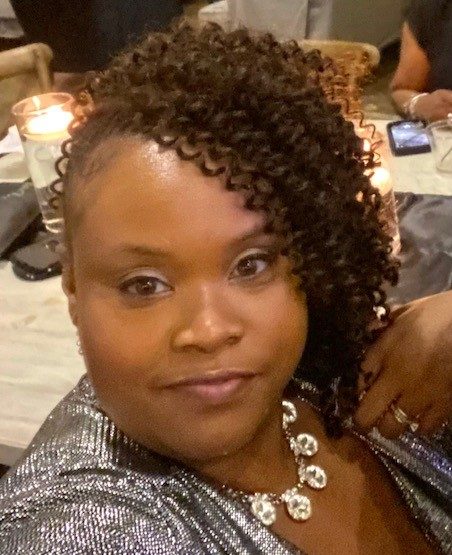
For Tykisha, a behavioral health supervisor at BlueCross, Black health and wellness means being informed of our health status.
“Some take it for granted, but we need to stay educated,” she says.
Tykisha adds that when we understand that our wealth includes our health status, it can have a greater impact on quality of life for generations to come.
“For decades, some African-Americans only went to the doctor when it was too late for any interventions to a make difference. Mirroring those generational behaviors can lead to undiagnosed, misdiagnosed, and untreated health issues.”
What are some factors Tykisha says can improve our quality of life?
- “Finding a trusted health care provider you can relate to.”
- “Having access to high-quality, convenient health care.”
Latisha Simmons, MSSW, LCSW, CCM, care coordinator manager, CHOICES Program East Region
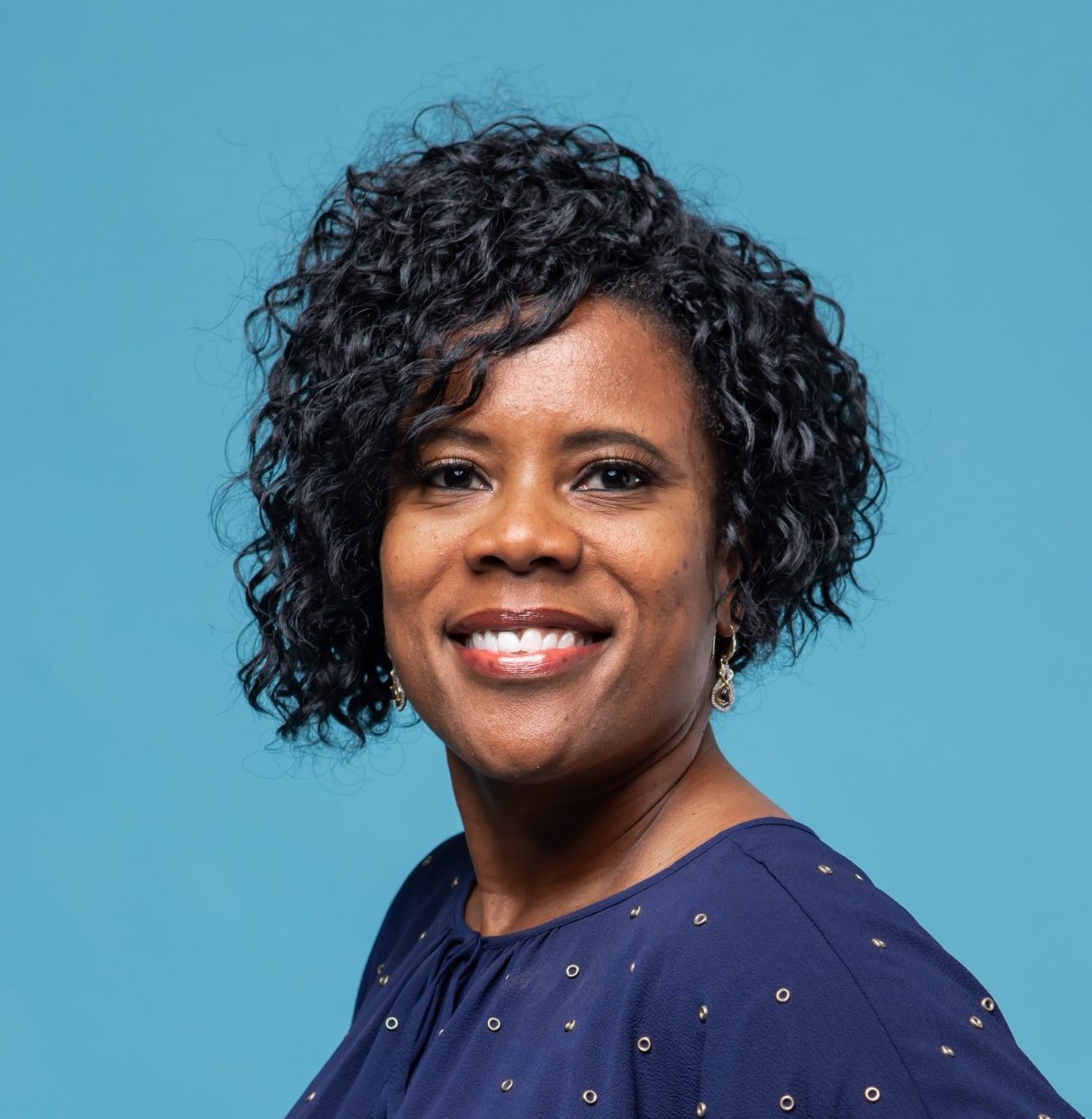
“To me, Black health and wellness means feeling good about who you are despite what’s going on around you,” explains Latisha, a care coordinator manager who’s worked at BlueCross for 11 years.
Latisha agrees with her colleagues and the medical consensus that you can’t separate a person’s mental health from their physical health. But in the Black community, she says, it’s sometimes seen as taboo to access mental health services outside of the Black church.
“As a result, we often suffer in silence, especially Black women. I want to encourage Black women to seek mental health treatment when they need it.”
Her advice for better health and well-being?
“Asking for help is a strength. You deserve to be the best version of yourself mentally, physically, and spiritually, not only for yourself but for your family and your community. After all, you can’t pour from an empty cup.
Vakisha Walker, BSN, care coordinator
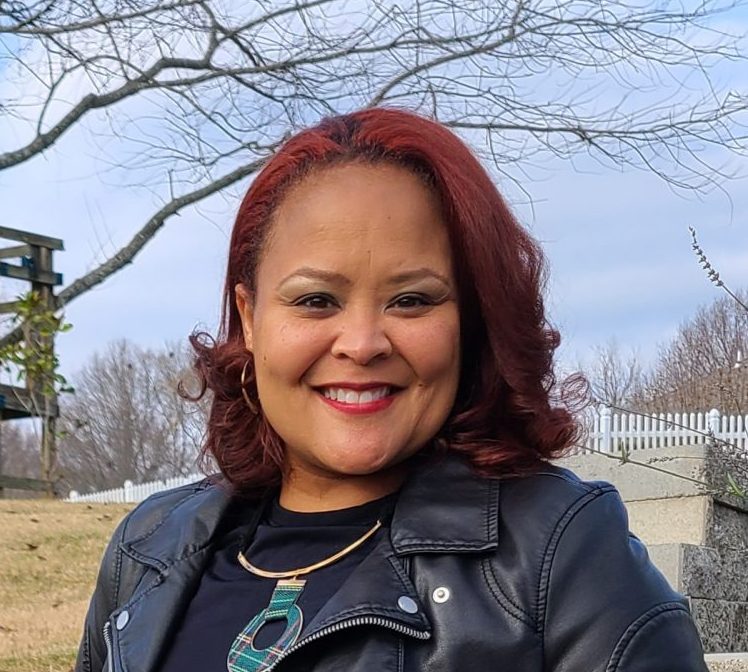
“Promoting healthy decisions and educating on disease prevention to help reduce disparities is an important focus of Black health and wellness,” says Vakisha, a nurse and care coordinator nine-year BlueCross employee.
Vakisha explains that Black Americans are typically at higher risk for heart disease, cancer, stroke, diabetes, end-stage renal disease, and asthma. She believes it’s important to have a rapport and trust with health care providers in order to encourage healthy behaviors.
Her advice for staying well? Keep an eye on physical and mental exhaustion (listen to your body), wash your hands often, and get as much physical rest as you can every night.
“These habits assist in preventing many illnesses, and hand washing will forever be at the top of the list for prevention,” she adds. “Then, be consistent with a healthy diet and staying active, and be intentional about the ‘whole’ you!”
Jeanette Wright, behavioral health case manager
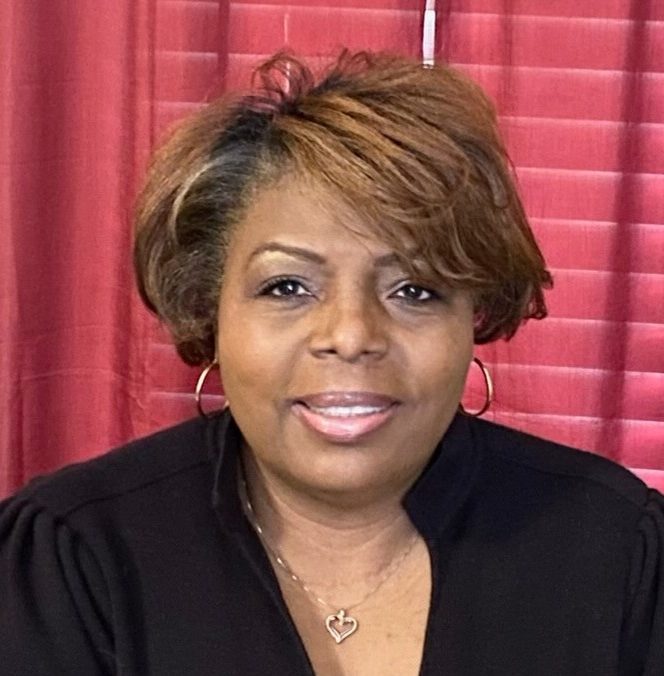
“Black health and wellness means having access to health care services from culturally competent providers,” explains Jeanette.
“This allows the Black community to better navigate the health care system, advocate for themselves, and receive improved care, regardless of circumstances.”
Jeanette has been with BlueCross for 10 years and helps members understand the importance of mental health services. But she’s happy to share her advice for better health and well-being with all.
“Take care of your whole self: mind, body, and spirit,” she says. “This can look like setting healthy boundaries, creating a healthy work-life balance, developing a good sleep routine, maintaining healthy food habits, and making physical activity a part of your daily routine. Self-care is essential to personal health and wellness.”

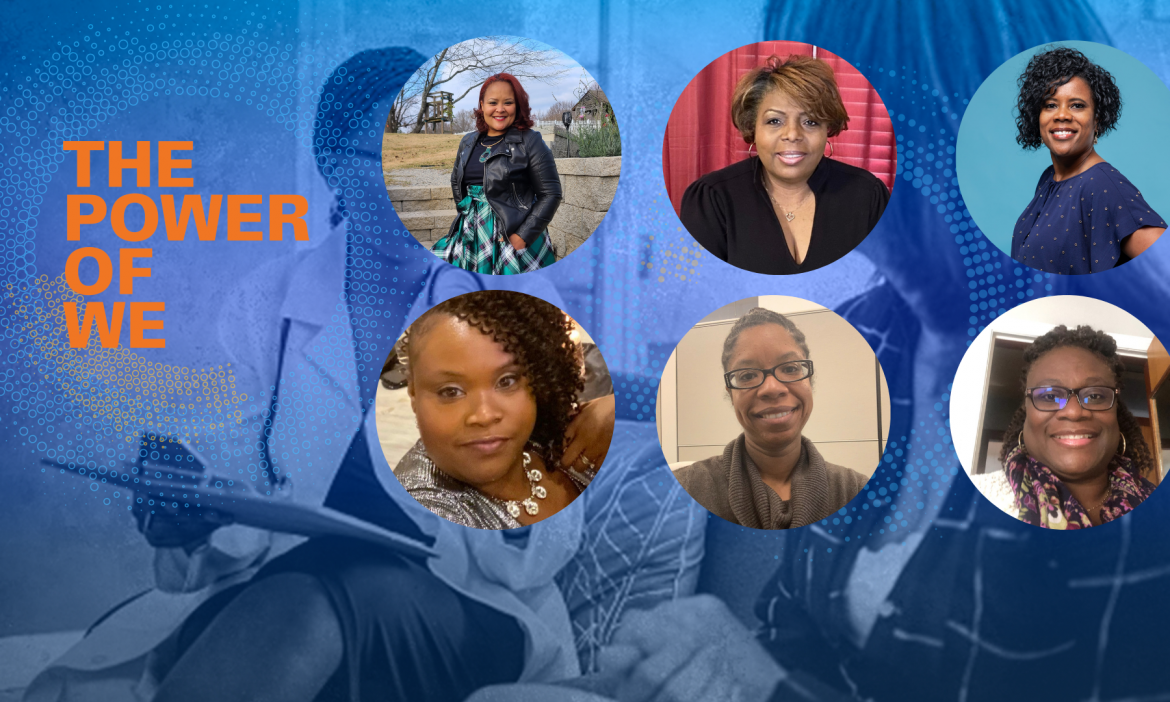
 Valerie joined the BlueCross BlueShield of Tennessee corporate communications team in 2018. An experienced writer, editor, and communications strategist, Valerie works to amplify employee voices.
Valerie joined the BlueCross BlueShield of Tennessee corporate communications team in 2018. An experienced writer, editor, and communications strategist, Valerie works to amplify employee voices.